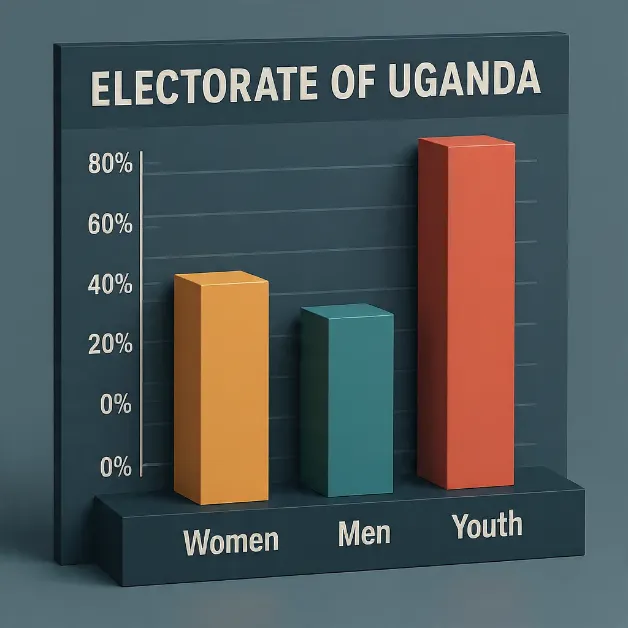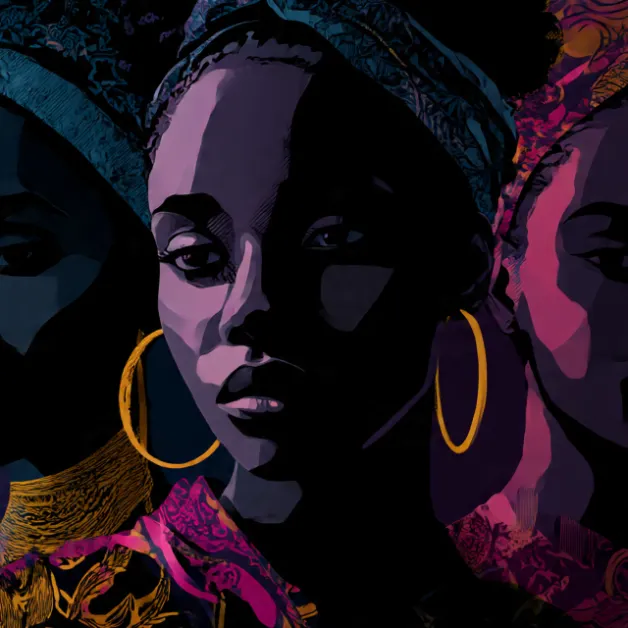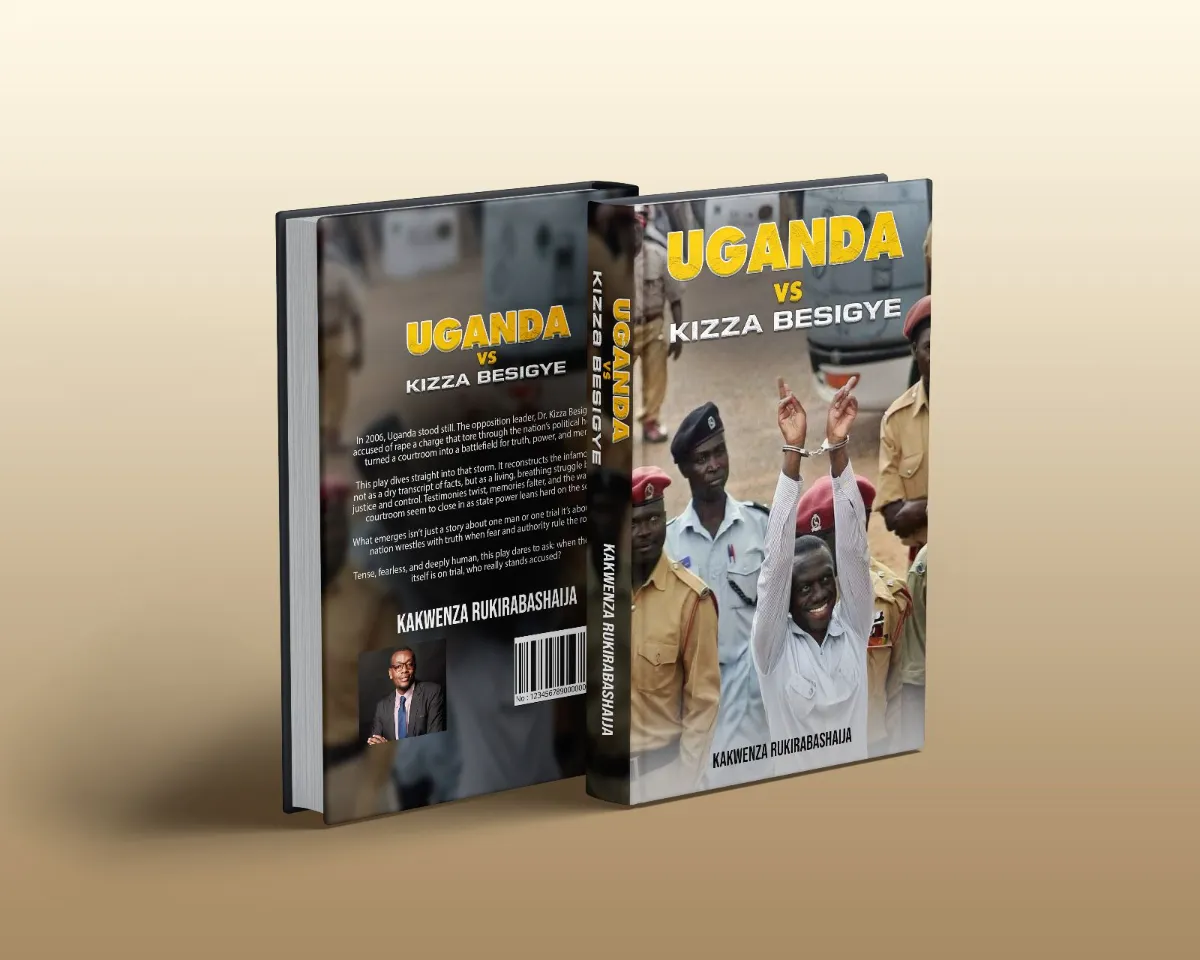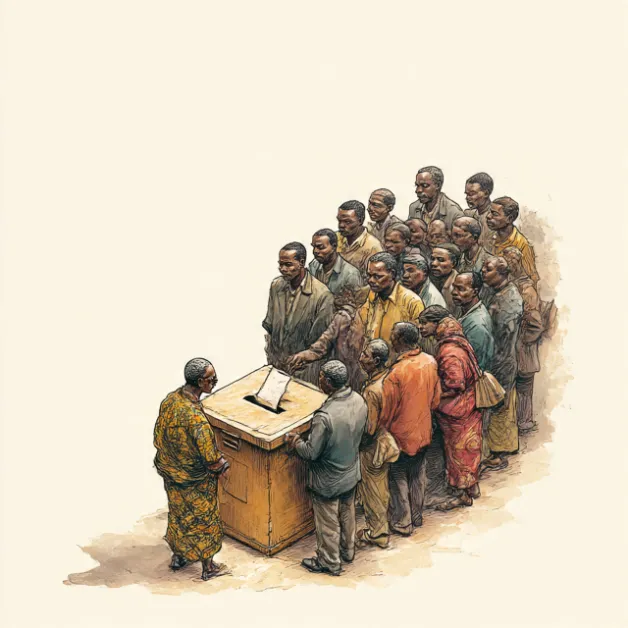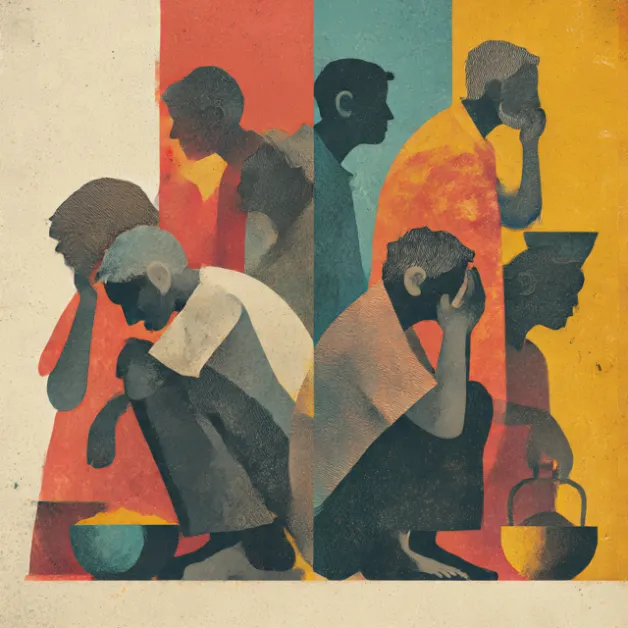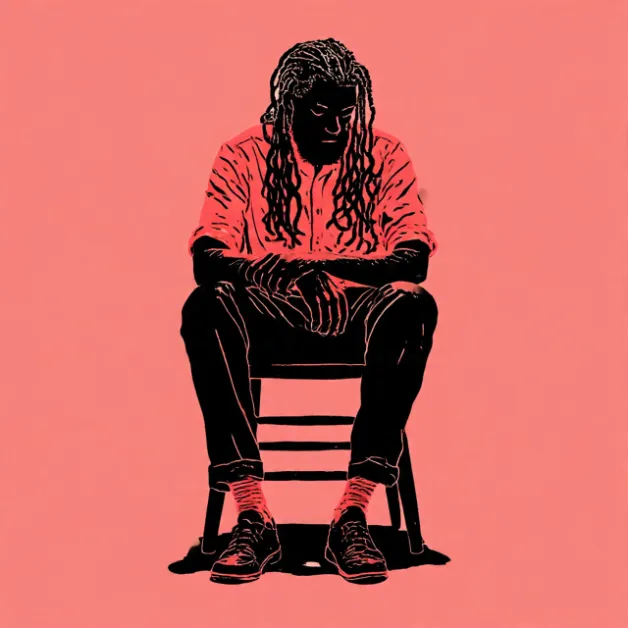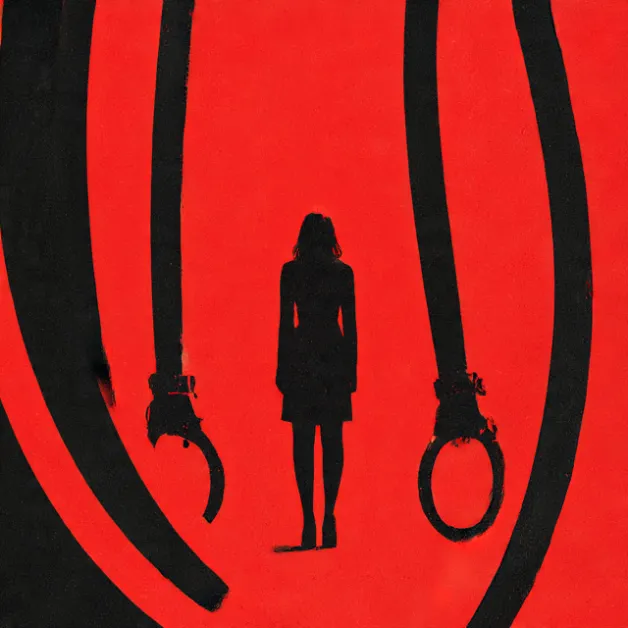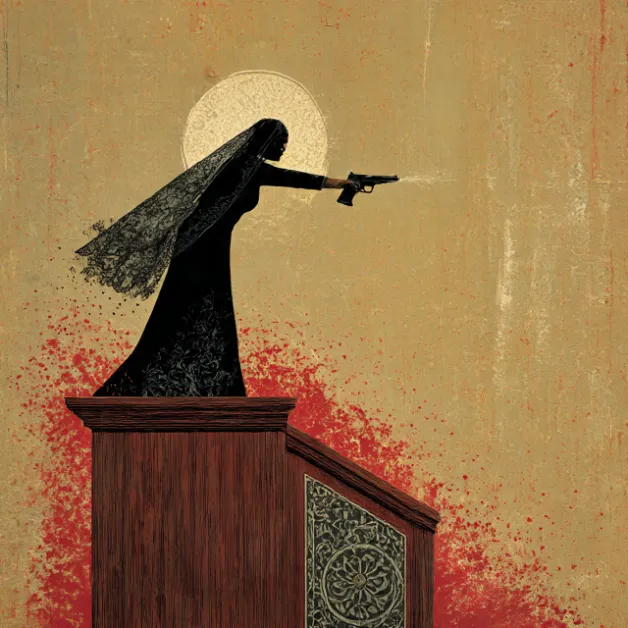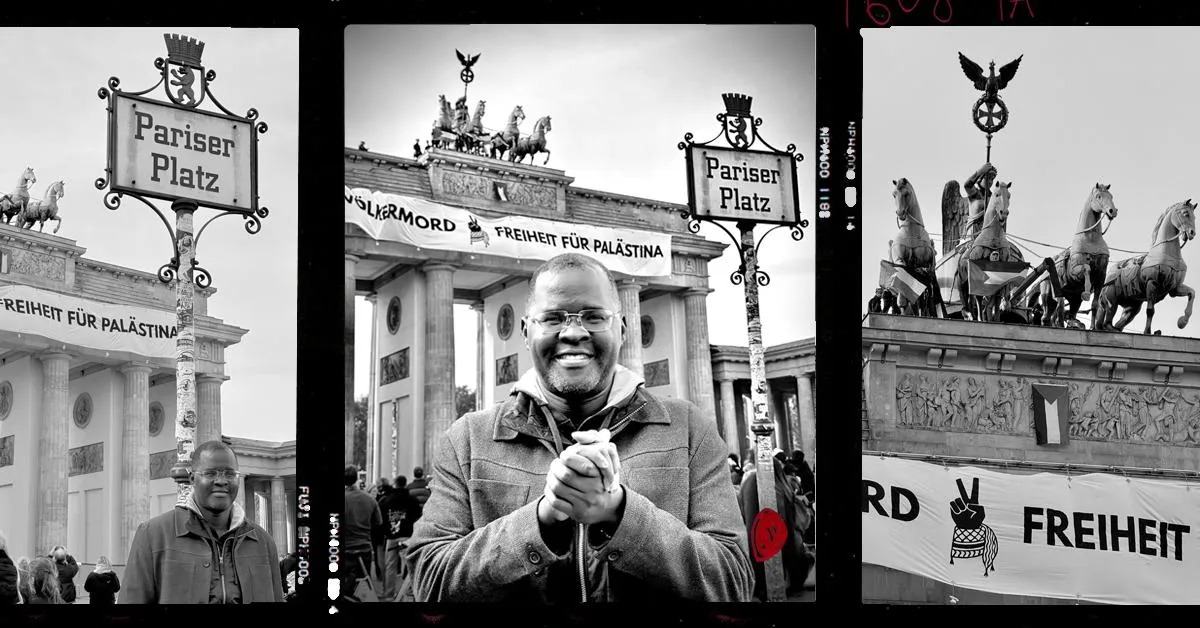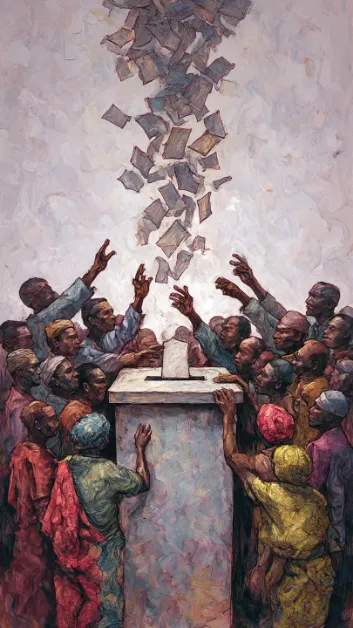
What the Youth of Uganda Want to Hear
A Discourse in the Language of Truth, Pain, and Possibility

24 Nov, 2025
Share
Save
PROLOGUE: THE NIGHT I LEARNT WHAT LEADERSHIP REALLY MEANS
I remember a night—one of those ordinary Ugandan nights that look calm on the outside but carry the weight of an entire generation’s exhaustion on the inside.
The electricity had gone off again.
The house was dark.
The rain was whispering on the roof.
And I sat cross-legged with a candle, watching my young brother, Jireh Isaac Lubogo, a child—barely fifteen—struggle to finish homework before the flame died.
He kept rubbing his eyes.
His uniform was torn.
His stomach grumbled louder than his pencil.
But he pushed on.
At some point, he paused and asked a question so innocent yet so devastating:
“Brother… when I grow up, will Uganda grow up with me?”
I could not answer.
Because behind that question was every unspoken fear of every Ugandan aged 10 to 35:
Will I study and remain jobless?
Will I hustle forever?
Will my talent matter?
Will my village ever change?
Will corruption block my future?
Will leaders ever care?
That night, staring at the dim candlelight, I realised: A generation is fighting for breath while pretending to be fine.
The next morning, I stepped outside and met another truth:
A boda rider with a borrowed motorcycle, working 14 hours a day, still unable to buy fuel properly.
A 23-year-old graduate selling samosas in Jinja’s taxi park because “papers tezikola.”
A 19-year-old girl in Mbale forced to drop out due to the school fees of 75,000/= her guardian couldn’t raise.
A Primary Six boy herding goats in Kamuli; he told me he would be an engineer, “but God will decide.”
A 28-year-old in Kampala is paying rent for a room smaller than his dreams.
A 31-year-old IT genius designing apps but praying for data bundles.
And I understood:
If a presidential candidate wants the youth, they must speak the language of this pain—not theory.
WHAT YOUTH (10–35) WANT TO HEAR—THE TRUTH, NOT THE THEATRE
A. “TELL US HOW WE WILL SURVIVE, NOT HOW YOU FOUGHT IN 1980.”
Young Ugandans want leaders who speak about:
today’s rent,
today’s price of fuel,
today’s unemployment,
today’s hopelessness,
today’s cost of living,
not stories from 40 years ago.
B. “TELL US HOW WE WILL EARN, NOT HOW YOU WILL GOVERN.”
The youth do not eat governance.
They eat opportunity.
They want to hear:
How many jobs will be created—real jobs, not theoretical jobs.
How much capital will be available—actual money, not loan schemes that require collateral they don’t have.
How you will stop corruption so that opportunity stops being a membership club.
How you will industrialise so that degrees stop becoming decorations.
C. “RESPECT OUR STRUGGLE—DO NOT MOCK IT.”
A presidential candidate must acknowledge:
The boda rider is not a failure; he is a survivor.
The unemployed graduate is not lazy; the economy is broken.
The teenage mother is not immoral; she is a victim of a system that failed to protect her.
The ghetto youth is not a criminal; he is hungry.
D. “WE WANT INTERNET, NOT INTERFERENCE.”
From 10 to 35, the youth are digital creatures.
They live online.
They earn online.
They dream online.
They want to hear about:
cheaper data,
reliable connectivity,
digital job ecosystems,
modern skills (AI, coding, robotics),
not “we shall regulate social media.”
Regulate what?
Regulate the only place where youth feel alive?
E. “TELL US HOW YOU WILL PROTECT OUR BODIES AND OUR DIGNITY."
Ugandan youth want safety:
from unemployment,
from police brutality,
from sexual exploitation,
from corrupt local leaders,
from bad health care,
from drugs,
from hopelessness.
Youth want a president who understands that safety is not just security—it is dignity.
WHAT A PRESIDENTIAL CANDIDATE MUST SAY—THE SPEECH THE YOUTH WANT
Here is the distilled message, the truth every leader must dare to speak:
“I know you are tired.
I know you are hustling without reward.
I know you are studying without opportunity.
I know you are dreaming without support.
I know you are working without progress.
I know you are surviving in a country that makes survival a full-time job.”
“I will not give you slogans. I will give you a plan.”
“Every district will have industries, not speeches.
Every school will have computers, not promises.
Every youth will have capital, not forms.
Every village will have internet, not rumours.
Every talent will have support, not mockery.”
“Your future will not depend on who you know, but on what you can do.”
That is the message a generation wants—certainty, dignity, fairness, and opportunity.
CONCLUSION: WHAT WILL WIN THE YOUTH
Youth will not be won by:
crowds,
songs,
slogans,
posters,
manifestos.
They will be won by truth.
Because the young people of Uganda are no longer fooled by poetry—they are searching for a leader who speaks in the language of their hunger, their dreams, their wounds, and their possibilities.
A leader who finally answers that fifteen-year-old girl’s question:
“When I grow up… will Uganda grow up with me?”
And that—more than politics—is the real election.

